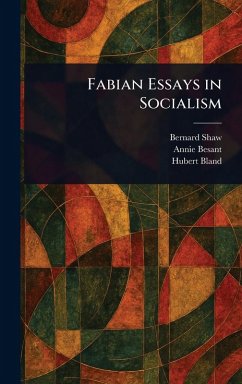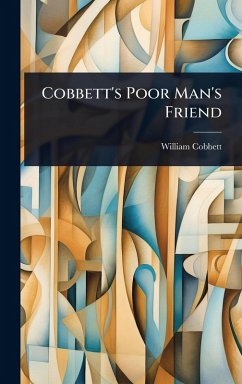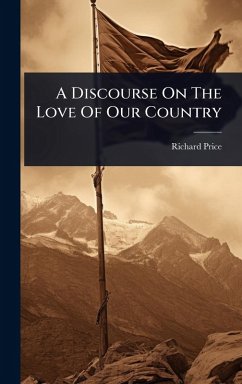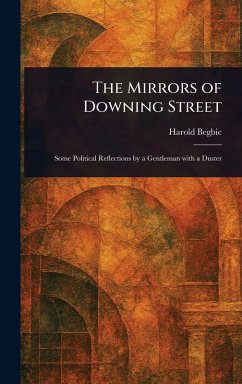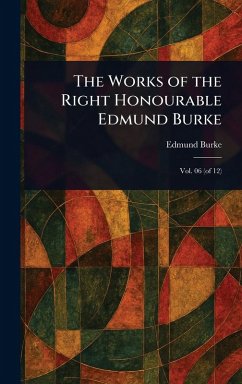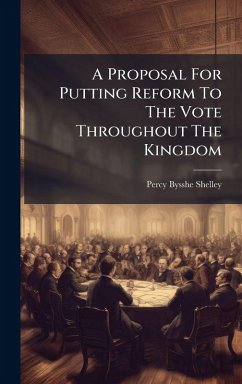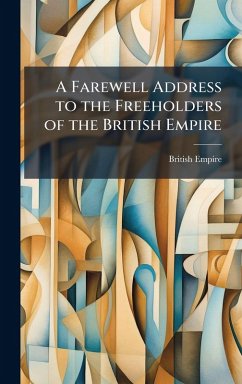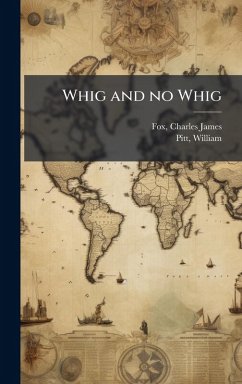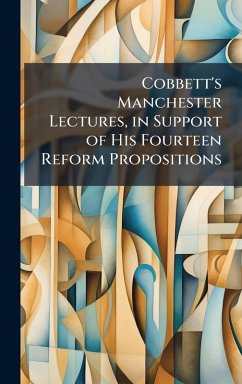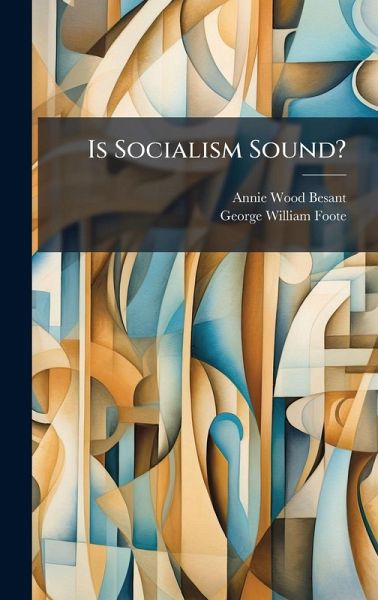
Is Socialism Sound?
Versandkostenfrei!
Versandfertig in über 4 Wochen
29,99 €
inkl. MwSt.
Weitere Ausgaben:

PAYBACK Punkte
15 °P sammeln!
"Is Socialism Sound?" presents the verbatim report of a vibrant four-night debate between Annie Besant and G. W. Foote, held at the Hall of Science in London in February 1887. This historical document captures a pivotal moment in the discourse surrounding socialism, showcasing a clash of ideas between two prominent figures of the late 19th century. Besant, a Fabian socialist and women's rights advocate, and Foote, a secularist and freethinker, engage in a rigorous examination of the principles, practicality, and moral implications of socialism. This record provides valuable insights into the i...
"Is Socialism Sound?" presents the verbatim report of a vibrant four-night debate between Annie Besant and G. W. Foote, held at the Hall of Science in London in February 1887. This historical document captures a pivotal moment in the discourse surrounding socialism, showcasing a clash of ideas between two prominent figures of the late 19th century. Besant, a Fabian socialist and women's rights advocate, and Foote, a secularist and freethinker, engage in a rigorous examination of the principles, practicality, and moral implications of socialism. This record provides valuable insights into the intellectual landscape of the era, offering a window into the arguments for and against socialism as they were understood and debated at the time. Readers interested in political theory, the history of socialism, and the art of public debate will find this book a compelling and informative resource. This work has been selected by scholars as being culturally important, and is part of the knowledge base of civilization as we know it. This work was reproduced from the original artifact, and remains as true to the original work as possible. Therefore, you will see the original copyright references, library stamps (as most of these works have been housed in our most important libraries around the world), and other notations in the work. This work is in the public domain in the United States of America, and possibly other nations. Within the United States, you may freely copy and distribute this work, as no entity (individual or corporate) has a copyright on the body of the work. As a reproduction of a historical artifact, this work may contain missing or blurred pages, poor pictures, errant marks, etc. Scholars believe, and we concur, that this work is important enough to be preserved, reproduced, and made generally available to the public. We appreciate your support of the preservation process, and thank you for being an important part of keeping this knowledge alive and relevant.



